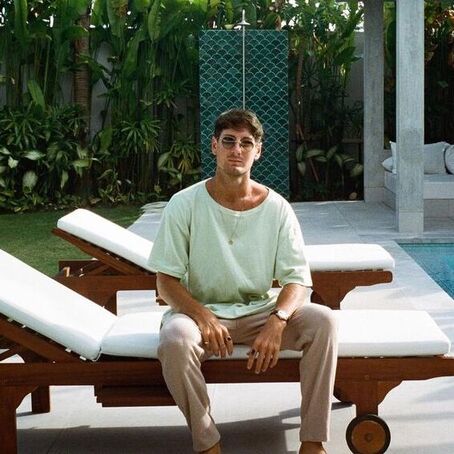Muara Jambi Temple
Muara Jambi Temple is considered one of the richest archaeological sites on the island of Sumatra. The eight temple-like structures appear to be Buddhist, and were probably built around the 14th century.
Archaeologists conclude that the site was the center of Old Jambi, the capital of ancient Malay kingdom which reigned supreme about ten centuries ago. The capital was sieged and destroyed in 1377 by armies from Burma. For centuries, the site had been lost and forgotten deep in the jungle, only to be rediscovered in 1920 by a British military expedition team.
Muara Jambi temple complex covers an area of 12 km2, along the side of Batanghari river. There are eight main temples in the complex. All of them are located in the center area, fortified by walls. Three of them are already renovated.
In 1982, a 32-centimeters tall female bronze statue was found at Koto Kandis, in the Muara Sabak sub district. It is believed to be the goddest Laksmi, holding a lotus bud in her left. In addition to the archaeological sites, many visitors find the riverside an ideal recreation and picnic spot.
Get There
Muara Jambi Temple is situated 30 km northeast of Jambi, along the Batanghari River. You can travel to Jambi from Medan or Padang. Medan is an international gateway, so there should be no problem in reaching it. If your departure point is Jakarta, there are both direct and connecting flights scheduled from Jakarta to Padang. It's a popular destination, so travel agents in Jambi usually have packages related to this destination.












